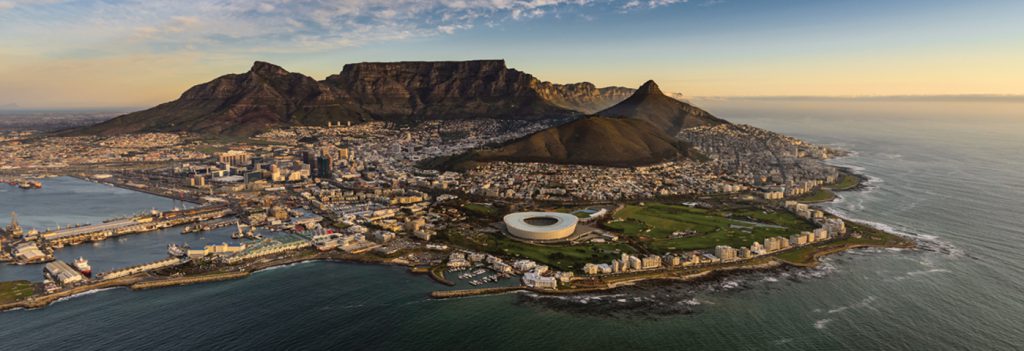Come and enjoy…
As beautiful as it is, the Western Cape is a water-scarce part of the world (much like other successful tourist regions like Southern California and Western Australia) and is vulnerable to the effects of climate change and susceptible to periodic droughts. At present the Western Cape is experiencing a significant drought. Traditionally we experience most of our rain during the winter period, starting May and continuing to August. However, rain can be experienced anytime of the year.
Cape Town and the Western Cape are open for business in spite of the current drought. Visitors and delegates will arrive in a place with a significant breadth and depth of experiences, and exceptional beauty, but we encourage you to be mindful of water-wise tourism and business travel when you’re here.
To counter the short-term effects of the drought, the City of Cape Town has put in place a number of initiatives to increase the supply of water and make provision for extreme water shortages. There are still many places across the Western Cape that are not as severely affected by the drought, such as the nearby Garden Route and the Cape Overberg.
…but be
mindful
Below average rainfall over a number of years has forced everyone who lives in, or visits, Cape Town to rethink how they use water. Responsible consumption of water is the new normal – not just in Cape Town, but in many other water-scarce places in the world. We’ve put plans in place to emerge stronger and more resilient in the future.
Some parts of the tourism and hospitality industry have proactively adjusted how they utilise water to reduce their consumption, giving guests peace of mind that every drop is being used responsibly.
In the event of what the City of Cape Town refers to as “Day Zero”, there will still be water available for both tourists’ and locals’ critical needs, like personal hygiene and consumption. It’s a projected date that is entirely dependent on current rates of water consumption.
Much like locals, we encourage visitors and delegates to be conscious of the drought. If we all work together, we will avoid it and become a world-class example to other cities, locally and globally, that may be in the same situation.
